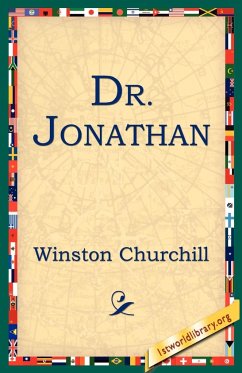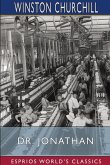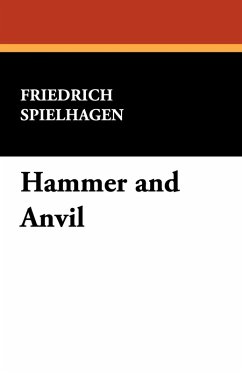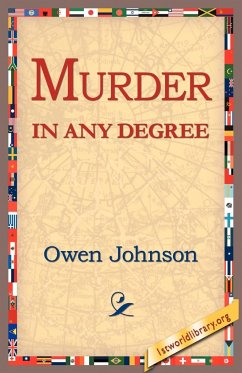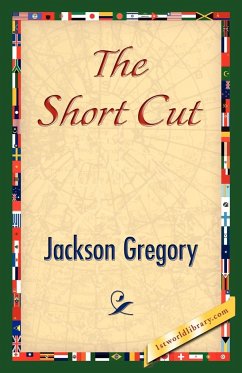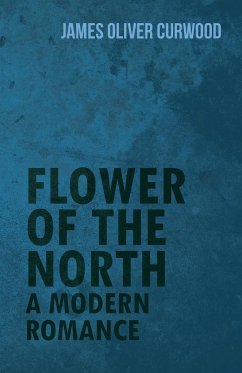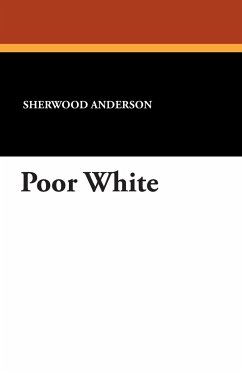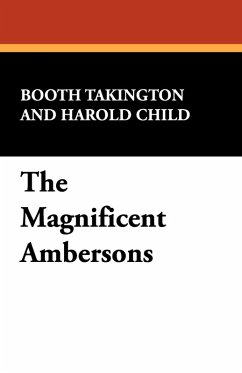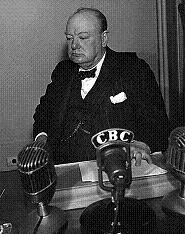Purchase one of 1st World Library's Classic Books and help support our free internet library of downloadable eBooks. 1st World Library-Literary Society is a non-profit educational organization. Visit us online at www.1stWorldLibrary.ORG - This play was written during the war. But owing to the fact that several managers politely declined to produce it, it has not appeared on any stage. Now, perhaps, its theme is more timely, more likely to receive the attention it deserves, when the smoke of battle has somewhat cleared. Even when the struggle with Germany and her allies was in progress it was quite apparent to the discerning that the true issue of the conflict was one quite familiar to American thought, of self-determination. On returning from abroad toward the end of 1917 I ventured into print with the statement that the great war had every aspect of a race with revolution. Subliminal desires, subliminal fears, when they break down the censor of law, are apt to inspire fanatical creeds, to wind about their victims the flaming flag of a false martyrdom. Today it is on the knees of the gods whether the insuppressible impulses for human freedom that come roaring up from the subliminal chaos, fanned by hunger and hate, are to thrash themselves out in anarchy and insanity, or to take an ordered, intelligent and conscious course. Of the Twentieth Century, industrial democracy is the watchword, even as political democracy was the watchword of the two centuries that preceded it. Economic power is at last realized to be political power. No man owns himself, no woman owns herself if the individual is not economically free. Perhaps the most encouraging omen of the day is the fact that many of our modern employers, and even our modern financiers and bankers seem to be recognizing this truth, to be growing aware of the danger to civilization of its continued suppression. Educators and socio-logists may supply the theories; but by experiment, by trial and error, - yes, and by prayer, - the solution must be found in the practical domain of industry.
Hinweis: Dieser Artikel kann nur an eine deutsche Lieferadresse ausgeliefert werden.
Hinweis: Dieser Artikel kann nur an eine deutsche Lieferadresse ausgeliefert werden.

